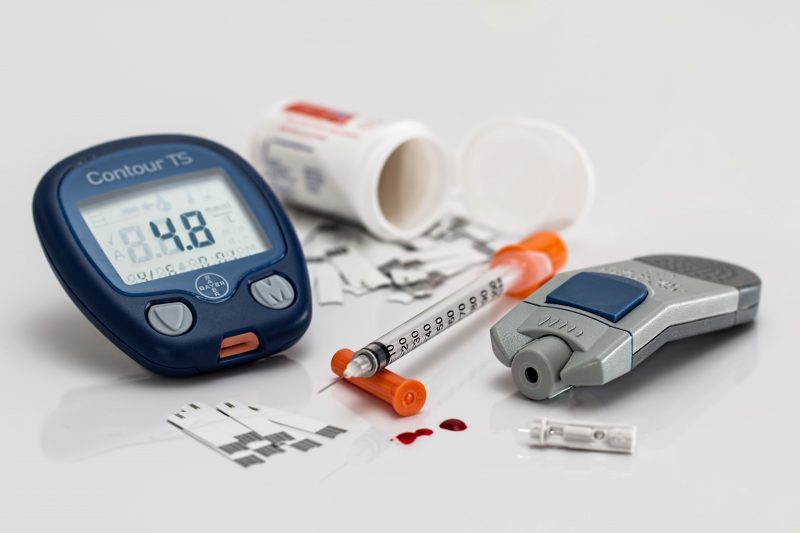
Is a Cure for Type I Diabetes in Humans on the Way?
By jaclynU in Clinical Research Studies,Uncategorized
Understanding Type I Diabetes
Type 1 diabetes is a chronic condition in which the pancreas produces little or no insulin. Insulin is a hormone needed to allow sugar to enter cells to produce energy. The cells in your body need sugar for energy. However, sugar cannot go into most of your cells directly.
According to EndocrineWeb, after you eat food and your blood sugar level rises, cells in your pancreas are signaled to release insulin into your bloodstream. Insulin then attaches to and signals cells to absorb sugar from the bloodstream. Insulin is often described as a “key,” which unlocks the cell to allow sugar to enter the cell and be used for energy.
There are many different factors that can cause someone to be diagnosed with Type I Diabetes. They can include genetics, as well as from some viruses. It usually appears during childhood, however, there are many cases of adult-onset Type I Diabetes.
Unlike Type II Diabetes, there is no cure for Type I Diabetes as of right now. There are active research efforts for finding one, however. Someone with Type I Diabetes needs to regularly take medications and focus on managing their blood sugar levels with insulin, a diabetes-friendly diet and an active lifestyle to prevent complications from Type I Diabetes.
Research Methods
Researchers are working hard to find a cure for Type I Diabetes. This research essentially involves figuring out a way to give Type I Diabetes patients a “new pancreas”, since they do not have a pancreas that functions correctly. This is because immune system of Type I Diabetes sufferers attack their beta cells, instead of letting them perform their function. Researchers are actively trying to find a way to tell the immune system not to do this, and to allow the pancreas to function normally.
Clinical Trials Participation for Type I Diabetes
One of the most important parts of a clinical trial research study is to find participants to test new medications and treatment methods on. Unfortunately, many research efforts go uncompleted because of low participation rates. The testing process in a clinical trial is the final step to getting a medication or treatment approved, so it is worth looking into if you feel as if you might be a good fit for one.
Do you have Type I Diabetes and want to Participate in a Clinical Trial?
There are many benefits to participating in a clinical research study, including financial compensation and a possible breakthrough in your medical condition. Other benefits include around the clock medical attention and care, access to cutting-edge treatments and contributing to science for generations to come. The more researchers are able to see how you react to their medications and treatments, the more they are able to improve and build upon their studies, making them one step closer to finding a cure for Type I Diabetes.
If you have Type I Diabetes and want to learn more about participating in a clinical trial, let us know.

Leave a Comment
You must be logged in to post a comment.